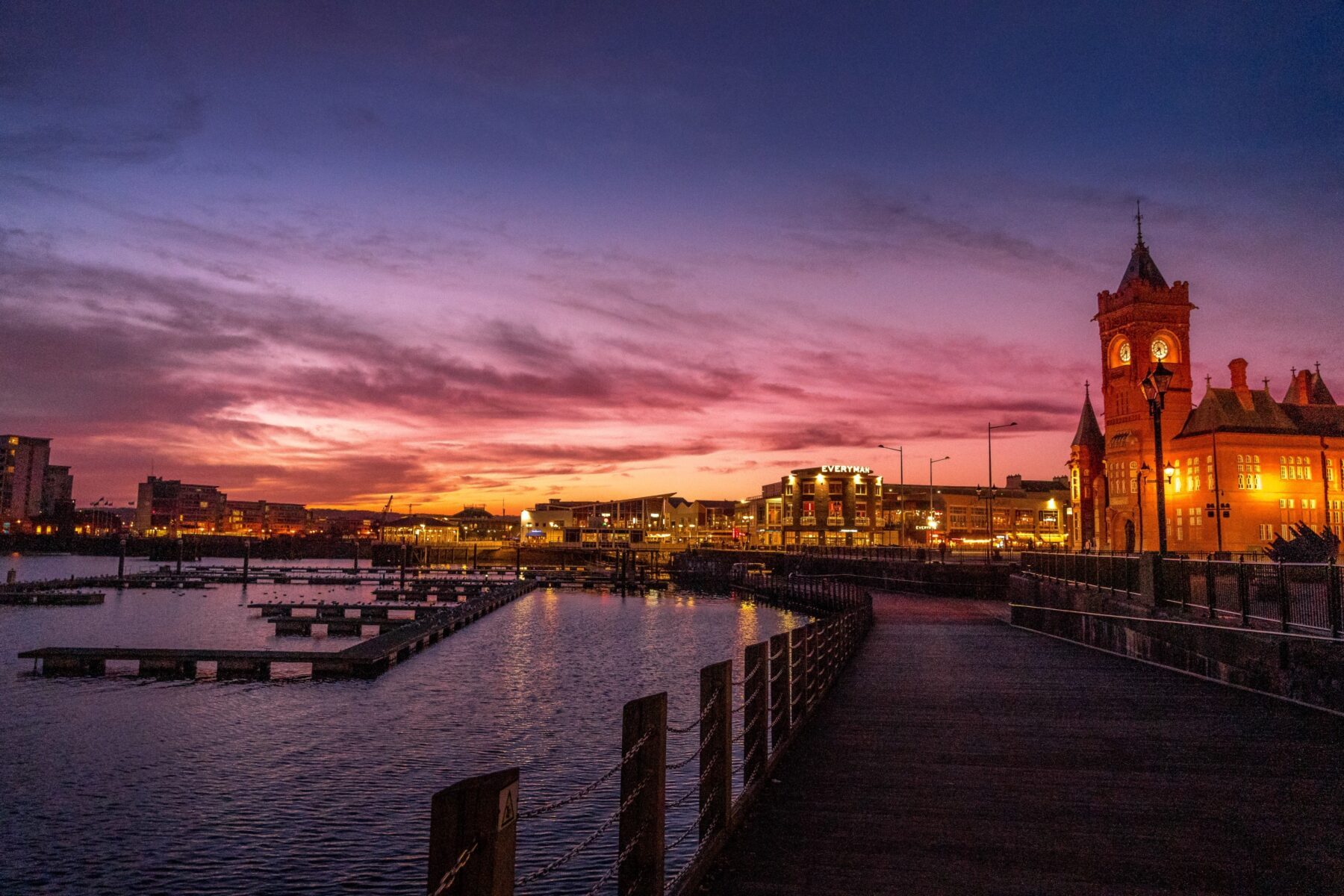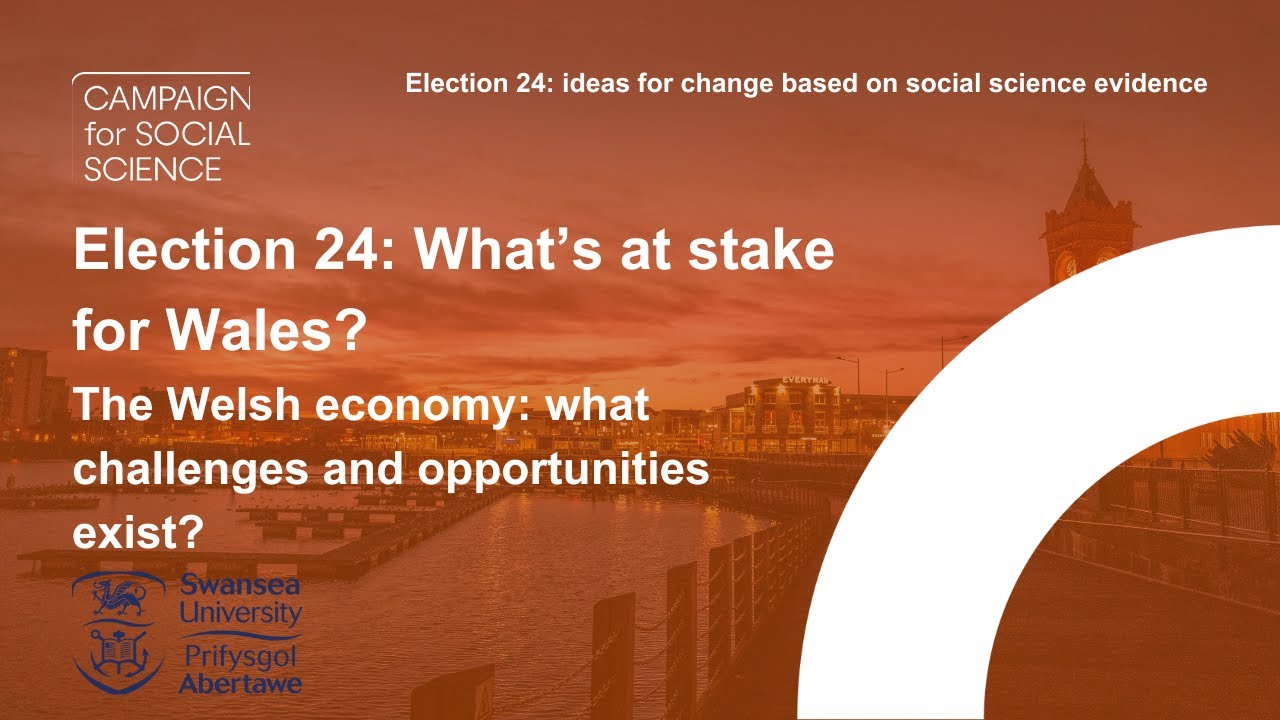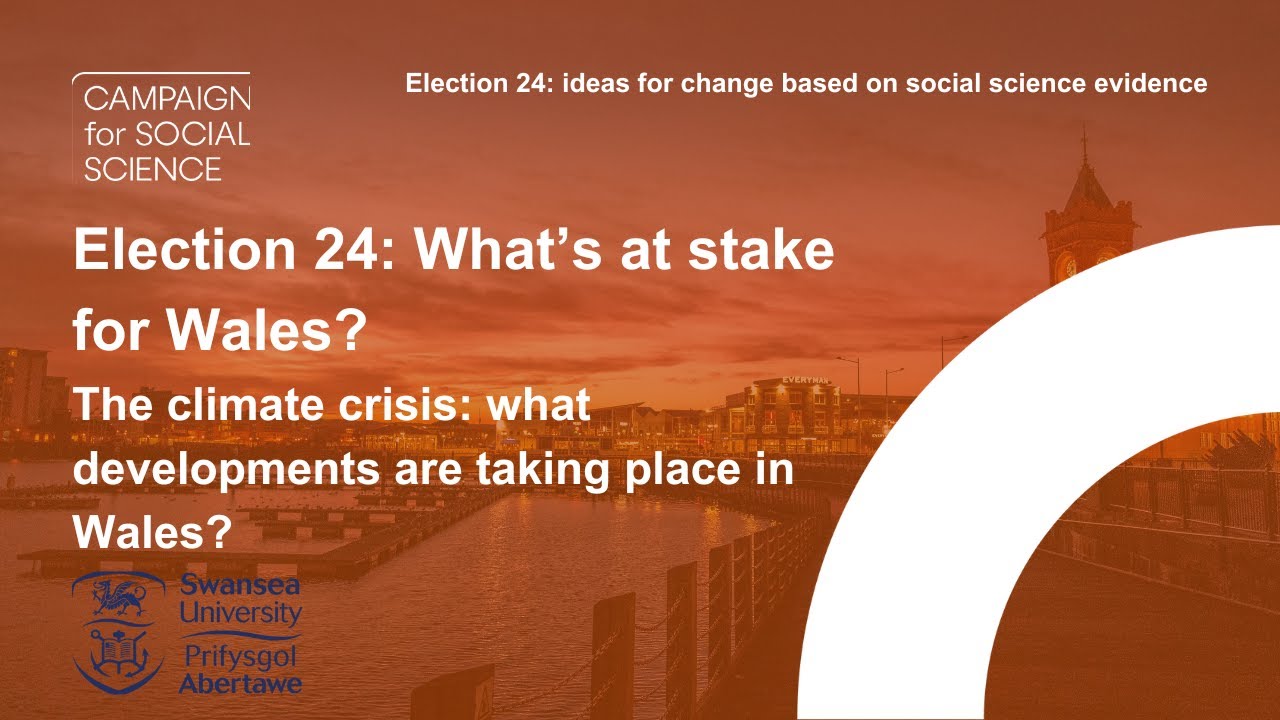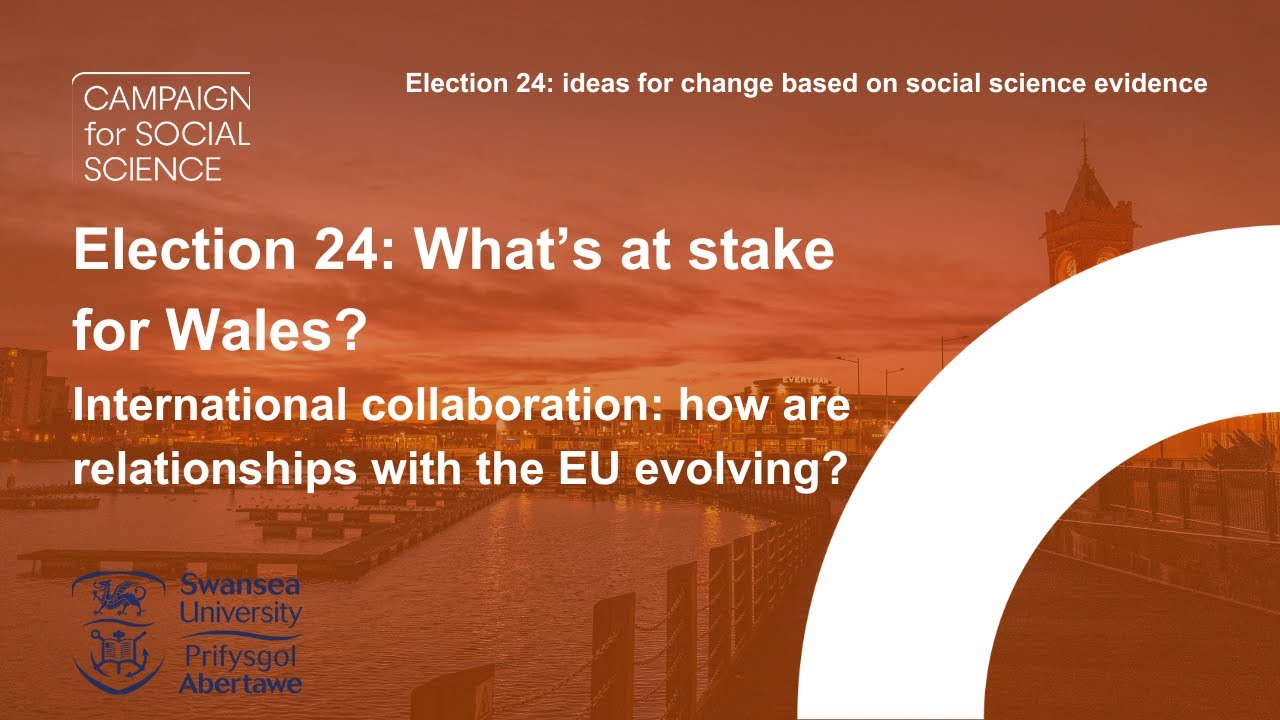With Prime Minister Rishi Sunak having confirmed that 2024 will be a General Election year, what opportunities and challenges can be predicted for social policy in Wales?
As part of our Campaign for Social Science’s ongoing project, Election 24: ideas for change based on social science evidence, we recently co-hosted an event featuring representatives from all three parties which hold seats in Wales to discuss their perspectives on a range of topics including the Welsh economy, climate change impacts in Wales, and international collaboration.
Run in partnership with Swansea University and the Wales Institute for Social and Economic Research and Data (WISERD) and chaired by Dr Matthew Wall, the event comprised a series of internal discussions featuring social scientists and researchers around how social science evidence can better inform policy throughout the day. These panels developed a list of questions which were then posed to Carolyn Harris MP (Welsh Labour, Swansea East), Tom Giffard MS (Welsh Conservatives, South Wales West), and Andrew Jenkins (Plaid Cymru candidate for Neath & Swansea East), at the concluding public-facing event.
The Welsh economy
First, the challenges and opportunities facing the Welsh economy were highlighted. The speakers discussed what the economic landscape in Wales looks like, how public funds can be used more effectively, and where further investment is needed.
Looking at the current state of the economy, Tom pointed out that inflation is going down and explained how this is the number one measure that can be taken to ensure that prices are affordable and help people cope with the cost-of-living crisis. Andrew added that it must also be considered how existing public funds can be maximised, looking at how money is being used to support Welsh businesses, jobs and communities.
Reflecting on future economic needs, Tom continued: “It’s [about] how do we grow that economy going forward, particularly here in Wales. The answer for me is really easy, we’ve got to invest in people, and we can go on to talk about education and apprenticeships in this country. […] But we also have to invest in infrastructural projects like the M4 relief road […] that is a major block on our economy and should have been built […]. It is not only about how do we protect the economy of today but how do we grow the economy for tomorrow?”
According to Andrew: “The Welsh economy urgently needs investment. It needs investment in transport, in energy, in digital connectivity, and Plaid Cymru has called for a commission to reform the tax system in a progressive way to ensure that we can continue funding public services.” Carolyn further suggested the creation of a public energy company that creates and stores energy. “[Energy] storage is a massive issue. No one ever talks about the huge lack of storage here [in Wales]”, she said.



